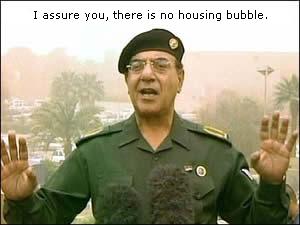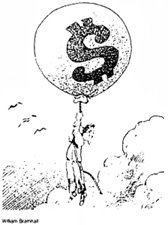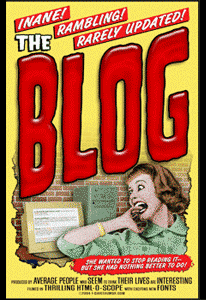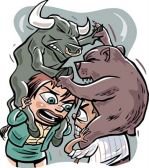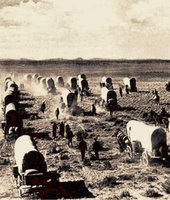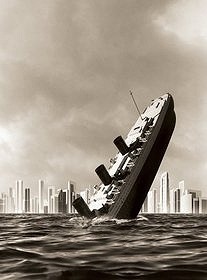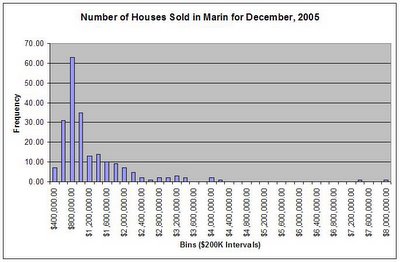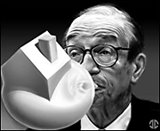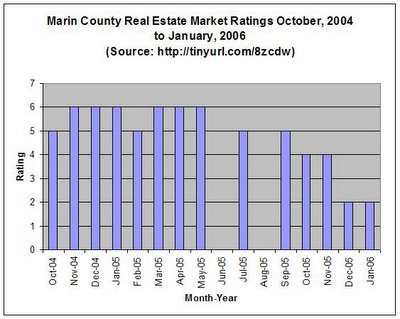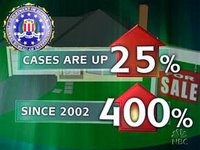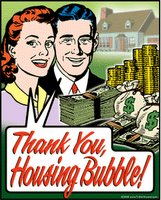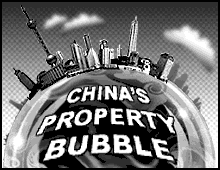 Yes, this article is written by someone who invests in precious metals. But the article is an informative read nonetheless. It explains the current, highly leveraged situation that the US financial system finds itself in vis-à-vis the housing/credit bubbles and the possible dire consequences if the system is tipped too far off balance. I'd be interested to hear what our local experts here on this blog have to say.
Yes, this article is written by someone who invests in precious metals. But the article is an informative read nonetheless. It explains the current, highly leveraged situation that the US financial system finds itself in vis-à-vis the housing/credit bubbles and the possible dire consequences if the system is tipped too far off balance. I'd be interested to hear what our local experts here on this blog have to say.I almost feel sorry for Bernanke as Greenspan steps down today (here's a fitting send-off).
Here are some quotes to whet your appetite (they don't do the article justice, you'll just have to read it):
Thus, what started out as a simple home mortgage, has been transmogrified in to something one would expect to find at a Las Vegas gambling casino. Yet the housing bubble now depends on precisely these instruments as sources of funds.
If too great a portion of FF [Fannie and Freddie] mortgages were to go into default and cease to pay interest or principal, FF would not have sufficient cash to pay the holders of its bonds. If the situation were to become too great FF would default on its bonds. So, whereas before one had one economic catastrophe - the default of some mortgages – because of the way the housing market is structured, this produces a second catastrophe – the default of FF’s bonds which are at least 10 times greater than that of any corporation in the U.S. Such a default would put an end to the U.S. financial system, right then and there.
As such, a total in excess of $12 trillion is laden on to the homes and attached to to the incomes of America's homeowners. And then there is credit card debt, car lease debt, cell phone contract debt, bank loan debts, margin debt, etc! Nothing, absolutely nothing, must stand in the way of consumers fulfilling their financial obligations - and they absolutely must not default on their mortgages. Cheap money must prevail. Not dirt cheap like before but still very cheap by historical standards. Cheap money is necessary to keep the real estate bubble in force because consumer spending increases 0.62% for every 10% gain in the housing market (more than twice that of a 10% gain in the stock market).
Regretfully, though, this FF house of cards is on the verge of collapse. Bond prices have fallen and interest rates are approaching 5%. The ramifications are dire.
The Fed is between the proverbial 'rock and a hard place'. They engineered low interest rates in the first place, both to keep the financial markets going, and in large measure to keep the housing bubble afloat. They are now in the final stages of raising interest rates to prop up the collapsing US dollar and to forestall rampant inflation. Were they to initiate one quarter percent increase too many it would destroy the interest rate environment that is essential to keeping the housing bubble alive; to keeping consumers spending at a high level thereby keeping the economy growing; to keeping corporate sales and profits high thereby keeping the stock market healthy. Have they gone too far already? The bubble seems to be loosing air slowly at this point but what will the impact be of the next increase? The impact of one too many rate increases on such a chronically debt-ridden and maladjusted economy must not be over estimated.
But rest assured the Fed will do absolutely everything in its power to prevent the puncturing of the housing bubble!... Indeed, the Fed are so concerned about this happening they are flooding the economy with almost limitless liquidity. There must be a crisis of historic proportions coming, and the Federal Reserve Bank of the United States is making sure that there is enough liquidity in place to protect our nation's fragile financial system. The amazing thing is that the Fed's actions mean they know what is about to happen.





